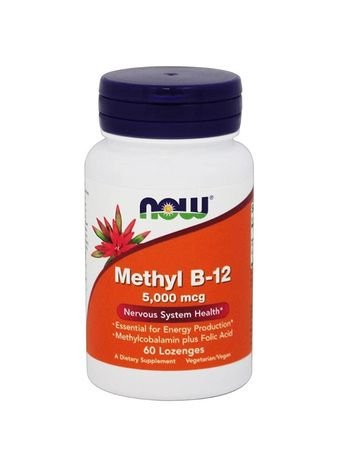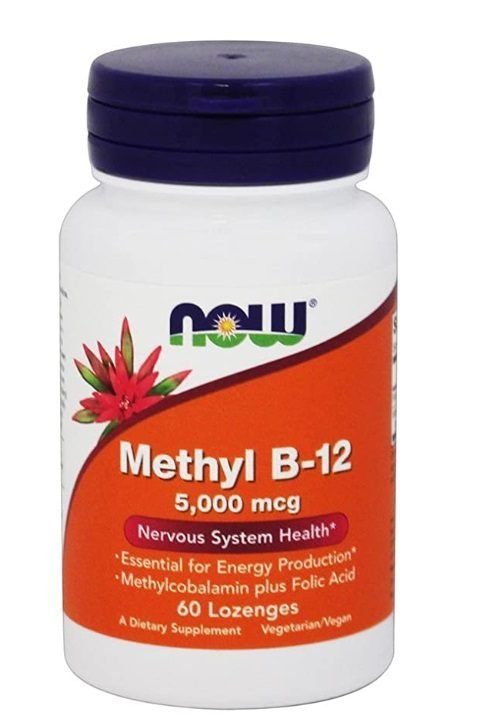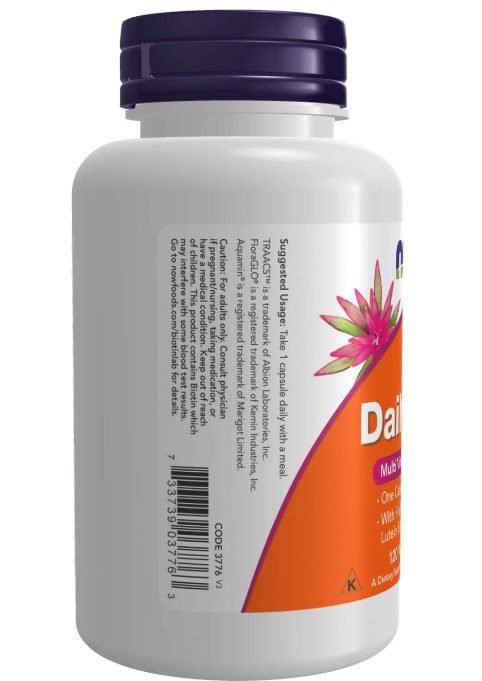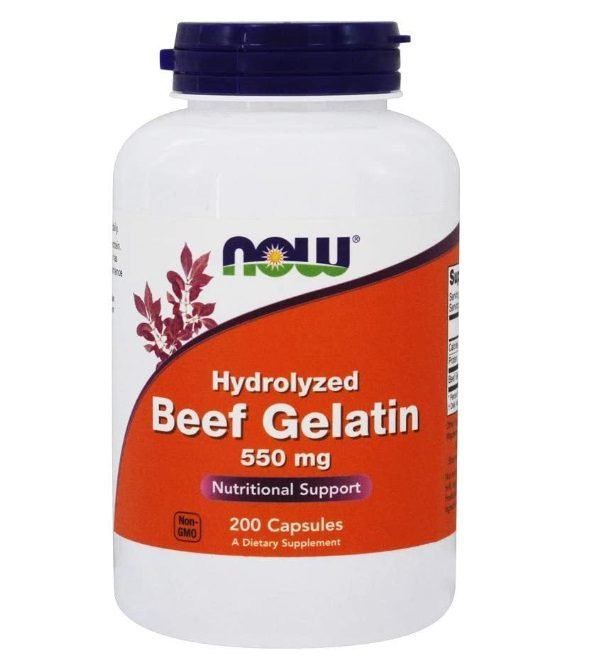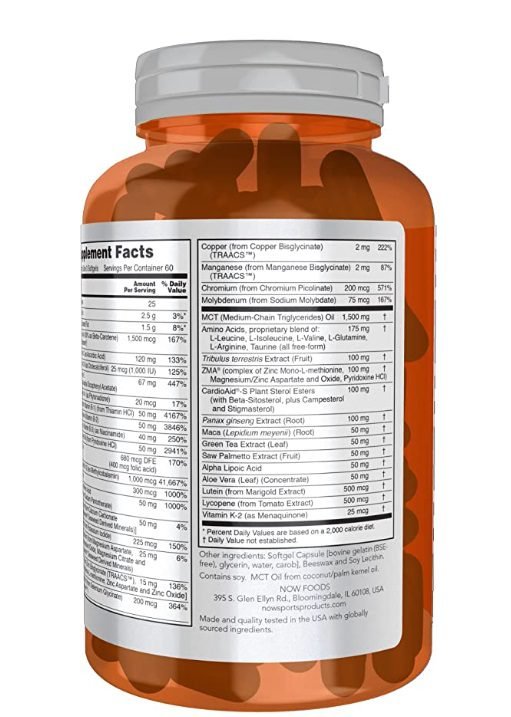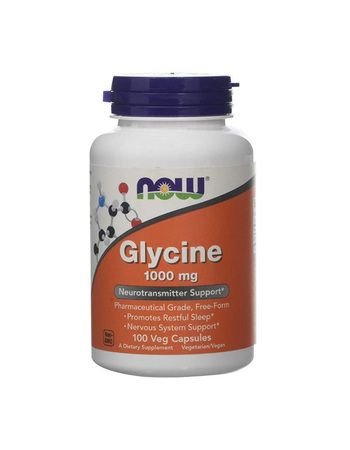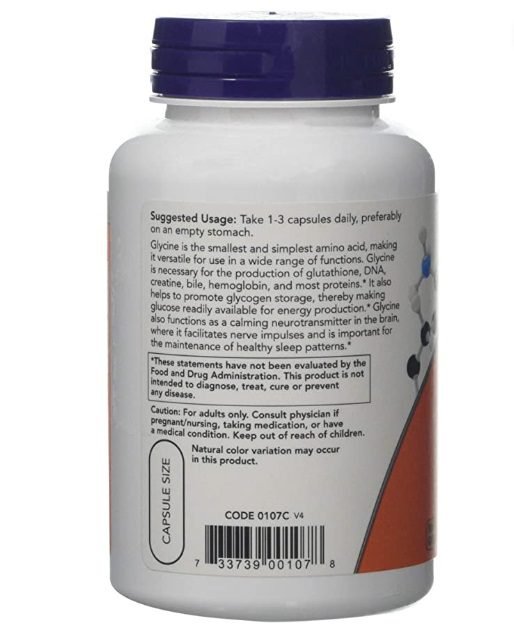
Grain Brain and Three Invisible Killers of the Brain I
We would like to recommend a book “Grain Brain” that is important, especially if you have diabetes and obesity. Let’s think about the following conditions. First, are there any elderly in your family with dementia? Second, do your family members or friends have mental and psychological problems, such as mental disorders, anxiety disorders, and depression? Third, do you find yourself losing memory more and more? Fourth, is your child hyperactivity disorder or autism? Or, do you know any children with hyperactivity disorder or autism? If you have any of the above conditions, I believe the book I will discuss with you today will definitely bring you a lot of useful information. Before I officially introduce this book, I would like to explain the background of Dr. Perlmutter in this book. Dr. Perlmutter is an American neurologist and fellow of the American Academy of Nutrition. He has studied brain diseases for more than 30 years. Dr. Perlmutter was born in a family of doctors. His father was a famous neurosurgeon in brain surgery. He specialized in helping people open their brains by surgery and cure them. When he wrote this book, his father was already 96 years old. His dad suffers from dementia. It is mentioned in the book that his father has been retired for more than 25 years and could not remember his son’s name. He still reminds his son that when he is in ward round, he must take good care of each patient. We hope that after reading this book, you can use the knowledge in this book to help yourself, your family, and friends. This book has more than 400 pages and is rich in content. Then we will condense the content into this article. We would like to remind all readers, please pay special attention to the last paragraph of the article. We will provide you with a simple questionnaire.
You can do a simple self-assessment to see if you have a chance of suffering from the diseases described by Dr. Perlmutter in the book. Dr. Perlmutter’s view was forward-looking and revolutionary.
Besides the “Grain Brain”, we hope you will read several similar books below concerning obesity and type 2 diabetes.
Published in 2013 Grain Brain by Dr. David Perlmutter, Kristin Loberg
Published in 2016 Obesity Code by Dr. Jason Fung Buy This Book Online
Published in 2015 The Adrenal Reset Diet by Dr. Alan Christianson Buy This Book Online
Published in 2018 Diabetes Code by Dr. Jason Fung Buy This Book Online
Published in 2020 Life in the Fasting Lane by Dr. Jason Fung, Eve Mayer, Megan Ramos Buy This Book Online
Published in 2021 The Pegan Diet by Dr. Mark Hyman Buy This Book Online
If you take the time to read the above books, I believe you will understand that the cause of obesity and type 2 diabetes is closely related with the two hormones insulin and cortisol. To successfully lose weight or reverse type 2 diabetes, you need to fight insulin resistance and take care of our kidneys. A low-carb ketogenic diet and fasting are effective in fighting insulin resistance. “The Adrenal Reset Diet” reminds us that those with high stress hormones should check the health of their adrenal glands before starting their fasting. Recently, a member of our community reported that after reading the above book, he successfully reversed his type 2 diabetes and reduced his medicine with only Metformin. The above books actually refer to much recent medical research. As you can see, the time the book “Grain Brain” published was earlier than all the other books and their referred medical studies.
Dr. David Perlmutter wrote the book “Grain Brain” according to many years of experience in his medical career and other medical research. He indicated the three invisible killers to our brain are:
Refined Starch Sugar Gluten
In 2013, Dr. Perlmutter advocated using a low-carbon ketogenic diet and gluten free diet to cure a series of neurological and psychiatric diseases. His suggestions were forward-looking and innovative at that time. Stepping into the 21st century, more and more people suffer from different chronic diseases, such as obesity, fatty liver, three highs, heart disease, stroke, cancer, dementia, etc. Many people in the medical field accused American psychologist Ancel Keys of the “Diet heart hypothesis”. He proposed excessive intake of saturated fat would increase the risk of heart disease. The US government accepted Ancel Keys in 1977. He started to suggest people should eat more grains, less saturated fat, use more vegetable oil and less animal fat such as butter and lard. Since the 1990s, there have been more and more patients with heart disease. There is no reduction of heart attack and stroke. Now more and more people will agree that cholesterol itself is harmless to the human body. People really need cholesterol, but the real cause of disease is some oxidized cholesterol.
High Blood Sugar Will Oxidize Cholesterol
In other words, if you are a smoker, the poisonous substances in the cigarette will oxidize cholesterol, so smoking will increase the risk of heart disease. If you have diabetes, high blood sugar will oxidize cholesterol. Diabetes will also increase the risk of heart disease. If you have fatty liver and visceral fat, it will cause the body to become inflamed, and inflammation itself will oxidize cholesterol. So for patients with fatty liver, their high-density cholesterol, that is, good cholesterol, is often relatively low. In the long run, it will increase your risk of heart disease.
Cholesterol itself is actually innocent, but some bad living and eating habits increase the opportunity to increase oxidized cholesterol, which causes different cardiovascular diseases
There are many people who still think LDL cholesterol is bad cholesterol. In fact, this is not the case. The real bad cholesterol is oxidized cholesterol. That is to say, high LDL cholesterol does not necessarily mean the oxidized cholesterol is high. We must first clarify that we definitely do not believe the statement that saturated fat increases the risk of heart disease. We strongly believe that sugar and refined starch increase the risk of heart disease.
There are still many doctors who believe high LDL cholesterol should take the medicine to lower cholesterol to protect the heart. If you have diabetes, you must take cholesterol-lowering drugs for the rest of your life. However, when doctors help diabetics check the heart vessels, many people’s heart vessels are completely normal. Their blood vessels are not calcified or narrowed at all. Dr. Perlmutter presented some medical research data that long-term consumption of cholesterol-lowering drugs will actually increase the risk of diabetes. A patient with a completely normal cardiovascular system has never had a heart attack and never had a stroke. Is it worth taking cholesterol-lowering drugs like this for the rest of my life?
Is it necessary to lower LDL cholesterol to below 1.8? When we talk about defending the ketogenic diet, we have all said that after low-carbon ketogenesis, LDL cholesterol is increasing. If you have a chance to face this problem? In fact, it is a judgment call that is subjective judgment. You use your own view to make a decision. Do all diabetics need cholesterol-lowering drugs to lower their low-density cholesterol? Then we believe this is a judgment call.
Grain Brain Has Two Levels of Meaning
Dr. Perlmutter put forward the concept of a “Grain Brain” in the book. “Grain brain” has two levels of meanings. The first level of meaning is that eating too many grains will make the brain sick. The second level of meaning is that eating too little fat will also cause the brain to lack nutrition. The brain is a very important part of our body that only weighs about three pounds. The blood vessels add up to 100,000 miles, and the neural connections in them are more than the stars in the entire Milky Way. They are also the most fatty organs in the human body. Cholesterol makes up 25% of the brain’s weight. We must remember that the brain needs cholesterol. Many people think dementia is related to genes. It will naturally happen when you get older. As long as you live to be over 80 years old, you will definitely have dementia. Dr. Perlmutter puts forward an unprecedented argument in this book. He believes the grains cause dementia eaten by modern people, called “Modern Grain” food. Even if we eat some whole grain foods that we think are healthier for a long time, there is a chance to damage our brain and cause brain degeneration. In addition to degeneration, Dr. Perlmutter also believes this high-carbohydrate and low-fat diet of modern people can cause a series of diseases, including chronic headaches, insomnia, anxiety, depression, epilepsy, some diseases called movement disorders, and mental disorders. Splitting, hyperactivity, etc. We once talked about a book called “The Pegan Diet”. Its author, Dr. Mark Hyman, Dr. McKayman, also published a book in 2010 called “The UltraMind Solution”. This book also puts forward similar arguments as Dr.David Perlmutter, that is, the diet of modern people makes the brain lack nutrition. Dr Mark Hyman once said a very classic statement that impressed us much. Depression is not caused by Prozac deficiency. What is Prozac? Prozac is a commonly used antidepressant, which means the cause of depression is not the lack of antidepressants in the brain, but the lack of many proper nutrients in the brain. Dr. Perlmutter needs to face patients with neurological problems. Seeing that the condition of many patients is getting worse day by day, he feels helpless, so he has been active in this way to find some solutions. Dr. Perlmutter points out that since humans have widely eaten wheat and wheat products, there are more and more people with brain diseases. Many people don’t know that the grains we eat today are completely different from the ancient grains grown in the Neolithic Age. Dr. Perlmutter in his book describes the gluten in modern wheat as a kind of silent germ, which means it is an invisible bacteria. Without our consciousness, the gluten slowly destroys our brains. If your family members have dementia, we believe you will understand that the drugs currently used to treat dementia can only prolong the disease. Or to treat some symptoms, such as insomnia, but the brain degeneration cannot be reversed. To prevent future dementia, we must protect our brains when we are young.
Refined Starch – The First Invisible Killer of the Brain

Dr. Perlmutter proposes the brain has three invisible killers. The first invisible killer is refined starch. In the diet of modern people, there are too many low-quality refined starches, but there is too little high-quality fat. It is the opposite of human ancestors. The most common cause of dementia is Alzheimer’s disease. We have also mentioned it in many books about obesity and type 2 diabetes. If you have type 2 diabetes, your risk of developing Alzheimer’s disease is twice that of a normal person. Therefore, in 2005, some people began to call Alzheimer’s disease type 3 Diabetes. It is not because type 2 diabetes directly leads to Alzheimer’s disease, but because Alzheimer’s disease, like type 2 diabetes, is closely related to insulin resistance. Some scholars once estimated that by 2050, 100 million people will suffer from Alzheimer’s disease. Dr. Perlmutter points out that eating too much refined starch, too much sugar, eating too less high-quality fat, and being allergic to gluten will greatly increase the chance of Alzheimer’s disease. There have been medical studies showing that even if your blood sugar is in a normal range, the higher the blood sugar, the faster your brain will shrink. In 2012, a study pointed out that the elderly eat more carbohydrates, and the risk of mild cognitive impairment is four times higher than the average person. On the contrary, the risk of mild cognitive impairment in the elderly, who eat high-quality fat, is 42% lower than the average person. Dr. Perlmutter has repeatedly emphasized that cholesterol is actually an extremely important nutrient for the brain’
Many people think the bad cholesterol is the low LDL cholesterol. Actually, the low LDL cholesterol is harmless to the brain and heart. The full name of low-density cholesterol, which is actually low-density lipoprotein cholesterol. It is like a cargo ship, and cholesterol is the cargo. The job of low-density lipoprotein is to take cholesterol to the brain. If low-density lipoprotein is oxidized, this will cause it to lose part of the function of providing cholesterol for the brain. Also, it will increase the free radicals in the blood, which cause inflammation and damage to our heart vessels, and increase the risk of heart disease.
If you have read our previous recommendation of the book “Diabetes Code”, you should remember the main difference between type 1 diabetes and type 2 diabetes. Type 1 Diabetes have high fasting blood sugar, but their insulin is low. Low insulin levels will make it difficult for them to store fat so they are lean. Type 2 diabetics, their fasting blood sugar is high, and insulin is high, which will make them continuously store fat, so they will be overweight. High insulin will cause chronic inflammation in the body, and chronic inflammation will increase our long-term risk of heart disease, stroke, cancer, and dementia. If you have insulin resistance, your body may find it difficult to decompose a substance called amyloid. Amyloid will slowly accumulate in our brain and eventually lead to Alzheimer’s disease. Hyperglycemia will also damage the blood vessels of the brain, causing chronic hardening and occlusion of the blood vessels, causing so-called vascular cognition. Dr. Perlmutter believes that in addition to Alzheimer’s disease, there are actually many neurological diseases caused by brain inflammation, including Parkinson’s disease, multiple sclerosis, epilepsy, autism, depression, etc. Because there are no pain nerves in the brain, the inflammation in the brain has no feeling. As early as the 1990s, medical literature pointed out that some people who use anti-inflammatory painkillers have
a lower risk of developing Alzheimer’s disease and Parkinson’s disease. Although it has not been possible to prove a causal relationship between the two, at least it reveals to us that inflammation is an important factor in Alzheimer’s and Parkinson’s diseases. Dr. Perlmutter believes that for brain health, it is very important to get high-quality fat from the diet. After a whole generation of brainwashing education, it will make many people believe all fats are harmful to the body. In fact, there are three types of fats that are really harmful. The first type is trans fat. The second type is some processed vegetable oils, especially those used repeatedly with high-temperature deep fried cooking. The third category is the fat on some animals produced by industrialized agriculture. The grass-fed cattle, which are healthier than grain-fed cattle.
“The Pegan Diet” book specifically mentions how to choose high-quality vegetable oil and fat.
Vegetable oils high in omega 6 such as corn oil, soybean oil, canola oil, safflower oil, and sunflower oil, are not good choices. It is because omega 6 will cause inflammation in the body
Our Paleolithic ancestors got about a 1:1 ratio of omega 6 to omega 3 fatty acids in their diet. The modern people’s dietary intake of omega 6 is 10 to 25 times higher than before.
You can see from the following chart
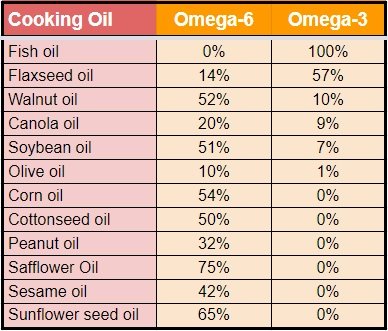
Among the common vegetable oils, their comparison of Omega 6 and Omega 3
will be discussed in detail later. In the past 2 million years, human beings mainly ate a high fat diet, but around 10 thousand years ago, humans started to develop agriculture and ate a lot of carbohydrates. Some people even think the human brain can evolve so quickly because of the high-fat diet. Dr. Perlmutter lists many medical studies and points out the importance of cholesterol to the brain. For example, in 2007, a French study followed up more than 8,000 elderly people aged 65. They are all with completely normal brain functions. After an average of four years of follow-up, 281 elderly people developed cerebral palsy degeneration, with 183 people having Alzheimer’s disease. The researchers found that the risk of dementia in elderly who ate fish every day was 44% lower. The risk of dementia in the elderly who never ate fish was 37% higher. Fish oil rich in omega 3 fatty acids is very important for maintaining brain and heart health. Elderly people who regularly use olive oil, avocado oil and walnut oil than those who do not use these oils have a 60% lower risk of brain degeneration. In addition to the above study, another study in 2008 pointed out that the higher the cholesterol, the better the memory of the elderly. The lower the cholesterol, the higher the risk of Parkinson’s disease. In the same year, research found that elderly with low LDL cholesterol in the lower range, the risk of developing Parkinson’s diseases increased three and half times more.
In 2013 in an authoritative medical journal called New England Journal of Medicine, one of their researchers found that people with a Mediterranean diet, compared with people with a traditional low-fat diet, are more effective in preventing heart disease and stroke risk. The Mediterranean diet is rich in protein and fat, including olive oil, nuts, legumes, fish, fresh vegetables and fruits, and a moderate amount of wine. The above medical studies have shown that high-quality fat intake from the diet is important for brain and heart health. Our entire brain is composed of neurons. For neurons to function properly, we need cholesterol. Cholesterol is also a powerful antioxidant that protects the brain from free radical attacks. We often talk about vitamin D, which is actually converted from cholesterol and has anti-oxidant and anti-inflammatory effects.
Today, many patients have degenerative cranial nerve diseases, which are all deficient in vitamin D. Some past medical studies have shown that the higher the vitamin D, the lower the risk of cognitive impairment in the future, and the lower the risk of Alzheimer’s disease and Parkinson’s disease. Conversely, the lower the vitamin D, the higher the risk of depression and chronic fatigue syndrome in the future.
Cholesterol-lowering drugs will reduce the number of low-density lipoproteins in the blood, and they will also reduce the low-density lipoproteins to carry cholesterol and reduce the supply of cholesterol to our brain. The brain may lack the nutrients it needs. Past medical research has shown that cholesterol-lowering drugs are not only not enough to prevent dementia, but also may increase the risk of dementia. The most commonly used cholesterol-lowering drugs are Statins have the opportunity to reduce the body’s production of a substance called coenzyme Q10, which causes fatigue, shortness of breath, decreased mobility and balance, muscle soreness, muscle weakness, and even muscle atrophy. Insufficient coenzyme Q10 is also related to heart failure, high blood pressure, Parkinson’s disease, Alzheimer’s disease, etc. Some people will suggest patients with Alzheimer’s disease should supplement coenzyme Q10. In fact, cholesterol-lowering drugs also have the opportunity to make the body prone to lack of vitamin D. Deficiency in vitamin D can increase the risk of diabetes, depression, and heart disease. Cholesterol-lowering drugs also have the opportunity to reduce testosterone in men and affect sexual function. Here you may think that cholesterol drugs are only bad and have no benefits, actually they are not. There are also studies showing that statins can indeed reduce oxidized low-density lipoprotein, that is the oxidized cholesterol index. To some high-risk people, it is helpful and can reduce their mortality and chances of heart disease recurrence.
Therefore, cholesterol-lowering drugs are like a double-sided sword, so we need to be careful about taking them.
Sugar – The Second Invisible Killer of the Brain
The second invisible killer of the brain is sugar. Humans in ancient times were not easily exposed to sugar, they could consume sugar directly from limited fruit and honey. In the diet of modern people, sugar is everywhere. What are the adverse effects of eating too much sugar on the brain? Too much sugar increases the risk of diabetes, and diabetes increases the risk of brain degeneration. Cognitive function is generally worse with poorer glycemic control. A 2008 study showed that if you had diabetes before 65, your risk of developing mild cognitive impairment would increase by 2.2 times. IIf you have diabetes for ten years or more, your risk of developing mild dementia increases by 1.76 times. Diabetics who require insulin injection have more than double the risk of developing mild dementia. About the harm of sugar, especially the harm of fructose, you can read about “Obesity Code” and “Diabetes Code” written by Dr. Jason Fung. These two books have detailed explanations. But there is a concept that these two books do not mention, the Advanced Glycation End Product (AGEs).

What is “AGEs”? “AGEs” is the main cause of aging. Our bodies have a lot of protein, and glycated protein will lose its original function. Damaged proteins then attract and bond to each other. In the process, free radicals are produced, causing inflammation and damage to our healthy tissue. The tissue on our face is rich in protein, and if our skin has more AGEs, that means the aging process of our skin will get serious. We often use glycated hemoglobin to evaluate blood sugar control, that is, HbA1c, which is also a kind of glycated protein. The higher the glycosylated hemoglobin, it also reflects the seriousness of other protein glycosylation in the body. Medical studies have shown that the higher the glycated hemoglobin, the faster the brain shrinks each year. Now there are many elderly diabetics who think that just a little higher in blood sugar is negligent. This is a completely wrong concept!
Actually, the higher the blood sugar, the faster the protein in the body will be glycosylated, and the faster the brain will degenerate. The ideal HbA1c for the human body is 4.8% to 5.6%. Of course, we don’t have to continue adding medicine to force the reduction of glycosylated hemoglobin. The best way is still to focus on our diet. Other medical literature in the past also pointed out that the higher the HbA1c, the higher the risk of depression. In conclusion, the more sugar intake from diet, the higher the chance of brain protein being glycosylated. These glycosylated proteins will produce free radicals, which will inflame our brain, accelerate the aging and even death of brain cells, and cause a series of brain degenerative diseases. In addition to causing obesity, and three high, visceral fat, will also increase the risk of cancer, immune system diseases and brain diseases.
A 2005 study pointed out that the more severe a person’s central obesity is, the hippocampus, responsible for memory in the brain, would become smaller. In addition, the bigger the belly, the higher the risk of brain stroke. These small strokes can be completely asymptomatic and silently destroy our brain health. In 2010, a study conducted brain scans for 97 elderly people in their 70s. Obese elders, that is, elders with a body mass index of BMI 30 and above, their brain volume is 8% smaller than normal weight elders. Elderly who are overweight, that is, those with a body mass index between 25 and 30, their brain volume is 4% smaller than normal elderly. To put it another way, if a 70-year-old is obese, his brain will be like an 86-year-old. Up to now, we believe you will understand that sugar and refined starch will cause blood sugar to rise and insulin to rise. As a result, the body accumulates visceral fat, and insulin resistance increases. And the AGEs will cause the body to inflame, eventually destroy our brain cells, and cause a series of brain diseases.
Brain-derived Neurotrophic Factors
However, this situation is not necessarily irreversible. Our brain nerve cells actually have regenerative functions. Medically, it is called neuroplasticity. The 11th chromosome of our human body is responsible for the production of brain-derived neurotrophic factors (BDNF). BDNF is important to the health of the brain. Our brain cell regeneration and brain cell repair work all need BDNF. At present, there are many health care products on the market that are actually aimed at enhancing our memory by increasing BDNF. Patients with Alzheimer’s disease also lack BDNF. BDNF is also closely related to a series of brain nervous system and psychiatric diseases, including epilepsy, anorexia, depression, schizophrenia and obsessive-compulsive disorder. On the other hand, obese people and diabetic people have lower BDNF. It also partly explains why obese and diabetic people will increase the risk of brain degeneration. Is there any way to increase these BDNF? Dr. Perlmutter highly recommends doing exercises. A concept mentioned in the book is “to exercise your genes and jog your memory”. That is, through exercise to activate the genes that repair the brain. In other words, people who run regularly have a better memory
In addition to exercise, Dr. Perlmutter also pointed out that low-calorie diet, ketogenic diet, curcumin and omega 3 fatty acids are all helpful to improve BDNF. Here we want to talk about ketogenic diets in particular. As early as the 1920s, doctors actually used the ketogenic diet to treat epilepsy. In modern medicine, some people also use the ketogenic diet to treat Parkinson’s disease, Alzheimer’s disease, and autism, neuron disease, commonly known as ALS, (the famous physicist Stephen Hawking died of ALS). Using a ketogenic diet will cause the body to switch from the mode of burning glucose to the mode of burning fat. It will produce ketone bodies, and one of the ketone bodies is called β-hydroxybutyrate. which can be directly used in the brain. As we said before, Alzheimer’s patients have excessive accumulation of amyloid in their brains. Study shows ketogenic diet can actually reduce the accumulation of amyloid in the brain. This will increase glutathione in the hippocampus and enhance the antioxidant function of our brain. Also, it can increase the growth of mitochondria, and improve the metabolic function of the brain. If you want to know more about the ketogenic diet, you can read the following books
Published in 2020 “The Case For Keto” by Gary Taubes
Supplement For Diabetes
-
1. Promote methyl transfer
2. Promote the development and maturation of red blood cells, keep the body’s hematopoietic function in a normal state, prevent pernicious anemia; maintain the health of the nervous system
3. In the form of coenzyme, it can increase the utilization rate of folic acid and promote the metabolism of carbohydrates, fats and proteins
4. It has the function of activating amino acids and promotes the biosynthesis of nucleic acids, which can promote the synthesis of proteins, which plays an important role in the growth and development of infants and young children.
5. Metabolize fatty acids so that fats, carbohydrates, and proteins are properly used by the body
6. Eliminate irritability, concentrate, enhance memory and balance
7. It is an indispensable vitamin for the healthy functioning of the nervous system and participates in the formation of a lipoprotein in the nervous tissue
-
Benefit of Beef Gelatin
- Collagen and gelatin contribute to the infrastructure of connective tissue throughout. Regular consumption of these proteins helps repair and care for the intestines, skin, hair, tendons, cartilage, bones and joints.
- Supports joint health, comfort and mobility.
- Supports gut health and digestion due to the role of amino acids in promoting the integrity of the gut lining
- Boost muscle mass
- Reduce hunger
- Supports bone health
- Assist with blood sugar control
- Supports cognitive functions, including memory and learning
- Helps Athletic Performance and Recovery
- Helps maintain healthy, youthful skin
- Promotes healthy hair and strong nails
- Promote quality sleep








